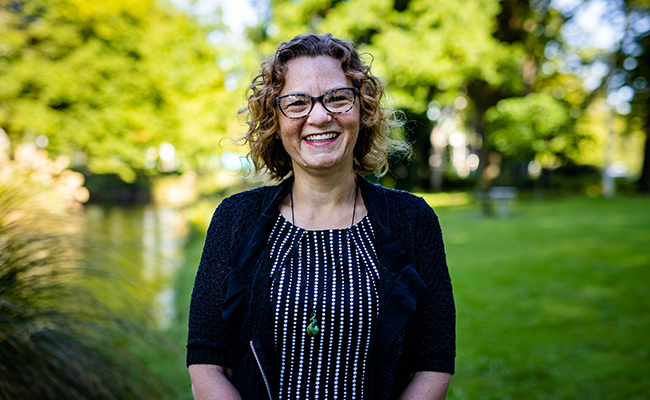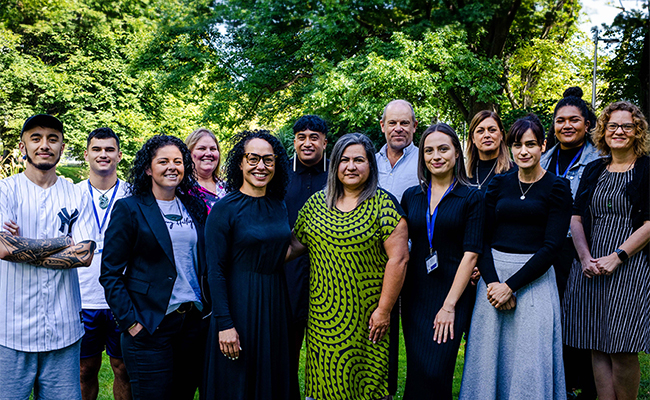
Dr Amanda Landers asks Kiwi's to celebrate Matariki in all its fullness this year, both acknowledging those that have come before us and preparing for our own death.
Aotearoa has become a “death denying country” and Matariki is the perfect time to change that, says an Otago academic specialising in palliative care.
Senior Lecturer at Otago's Christchurch Department of Medicine, Dr Amanda Landers, says the busyness that comes with preparing for a celebration like Matariki might lead to some forgetting a crucial part of what the holiday is about – acknowledging those who have gone before us and preparing for a part of life we all face: death.
“The nation has sanitised and medicalised the end-of-life process, making death seem abnormal and terrifying, as opposed to the truth that it is a very normal and important part of the experience of life,” Dr Landers says.
As someone who has seen thousands of people die over the years, planning, preparing, and talking about it is one of the best, and most appropriate things, people can do during Matariki, she says.
“If you don't talk about this with your whānau and the people who matter most to you, when you are faced with this part of life it can be more shocking, emotional, and crisis-filled than it needs to be.”
Many cultures can learn from the Māori grieving process, viewing the person not only in the context of their physical body, but taking into consideration, their wairua – their spirit – and the importance of letting it go.
Dr Landers once experienced a “poignant parallel” in her palliative care work, when she encountered a Māori woman coming to the end of her life in one room, and a man of a different culture dying in another.
During this time, the man's whānau continued to go to work until he died, whereas a huge number of the woman's whānau came to spend this time with her, even bringing guitars to play music until the end.
They seemed to see a distinct purpose in being present for those moments of her life, says Dr Landers who has connections with the Māori Indigenous Health Innovation team.

The Māori Indigenous Health Innovation team.
“This aligns with our palliative care teachings because we see people as being able to inspire, share and teach right up to their last breath.”
Palliative care professionals see themselves as being a part of the 'life' team, not the 'death' team, and encourage people to celebrate and reflecting on all parts of life, this Matariki, she says.
“E kore au e ngaro, he kākano i ruia mai i rangiātea - I will never be lost for I am a seed sown from Rangiātea.”
Dr Landers is both an employee and alumni of the University of Otago, having completed all her studies here, starting with the Health Sciences First-Year programme in 1992.
She became fascinated with palliative care as a house surgeon in Invercargill, where she found the cancer ward the most interesting and, contrary to what might be a popular belief, she says, fun.
She was astounded by how upbeat the environment was, with nurses and patients emulating whakawhanaungatanga – genuine relationship building – in their care practises.
From there she moved to Christchurch to further her studies in palliative care and recently has taken on Co-Chair of the first national Palliative Care Research Network (PCARN) hoping to support and mentor palliative care researchers from around the motu.
- Kōrero by the Division of Health Sciences Communications Adviser, Kelsey Schutte.
Te Tauhoko Nui o Matariki - Tuesday, 11 July 2023
Come celebrate the beginning of the Māori New Year with us at our second Matariki Night Market, Te Tauhoko Nui o Matariki.
Enjoy delicious kai, visit some stalls, and watch mesmerising kapa haka performances.
When: 4pm to 7pm on Tuesday, 11 July
Where: Union Lawns